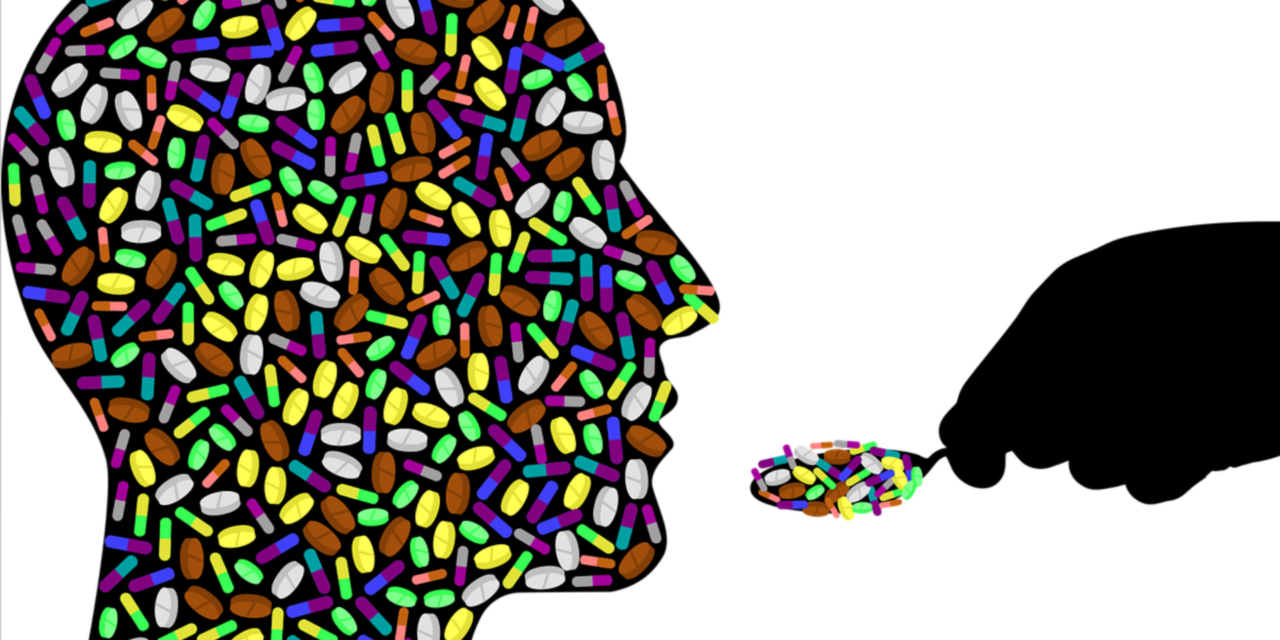A national settlement reached last week in the lawsuit filed by governments across the country against opioid makers and distributors such as Johnson & Johnson will mean a payout to Guilford County.
However, county officials will have to wait a while before any of that money shows up in the county’s bank account.
In the coming months, state and local governments across the country will have to agree to go along with the current settlement before Guilford County gets that money.
There have been multiple lawsuits filed against those in the opioid industry under the contention that those companies were complicit in propagating the massive epidemic of drug abuse that’s been raging in recent years. Guilford County is looking forward to getting its share of the proceeds to use to continue to battle the addiction crisis and address its local fallout.
Guilford County Attorney Mark Payne has been very involved in the opioid cases on the state level. Payne is part of the committee known as the “555 Committee” – pronounced “five-five-five”– which is helping handle the distribution of the lawsuit proceeds as well as other duties in the disputes.
Payne wrote in an email this week, “Under the terms of the agreement NC’s share is about $750 million. However, in order to get [a] whole entire share, almost all (95 percent) of the state’s counties and larger municipalities must agree to the terms of the settlement.”
Payne stated that an existing Memorandum of Agreement between the NC Department of Justice and the 555 Committee has laid out the guidelines. The current agreement gives the lion’s share of the proceeds – 80 percent to 85 percent – to local governments like Guilford County and Greensboro and gives 15 percent to the state.
A lot of governments have to agree in order for the settlement to in fact settle. Payne stated that the next step is to see if there is “broad-based approval in all states and large local government[s] in every state.”
So far, over 50 local governments in North Carolina – mostly counties and a few municipalities including High Point and Summerfield – have approved the Memorandum of Agreement.
“I understand Greensboro is contemplating putting it on an agenda for consideration soon,” Payne added.
According to Payne, under the national settlement, Guilford County and other counties won’t see any of the money for at least five months or so.


attorneys’ fees 17 billion and the State gets the crumbs … 750 million. What’s wrong with this picture?
Plenty of time to appoint a commission to hire an outside company which will come up with a 500 page report on how to spend the money. That should be complete in at about 2 years. It will then bickered over by the council for another year or so. So by my calculations, the money will allocated in approximately 2025.
Put’em to work on the roads on W. Market St. The project will still be unfinished in 2025.
Yet one more source of free money for the supporters of the current city council. They will figure out a way to give it to their supporters. Sad.
I’m not completely heartless. Everybody deserves a second chance, right? Sure, but a third, fourth, and fifth chance? How many repeat Narcan recipients are there in Guilford county?
Each Narcan kit should come with some sort of permanent marking implement. Anyone who receives a dose of Narcan because they OD’ed, immediately gets an idiot stamp permanently marked on their forehead. That way, if they OD again, their prospective life saver will see that they don’t learn from their mistakes, and will maybe think twice about enabling someone’s destructive lifestyle.
If you think about it, it’s really pretty cruel to prolong someone’s suffering when they’re intent on living in a self-induced living hell.
I can’t express strongly enough how angry I am that drug companies are being punished by the government for people who abuse the use of legitimate pain medications. There are people who live with chronic pain and need these medications to function daily and are now being denied them because of this unneeded “war on drugs” that’s been triggered by do-gooders that saw a way to make money through lawsuits. Nothing will change. Those who have an addiction will find other substances to satisfy their addictions and those of us who need these medications to function reasonably will continue to be judged and denied because of their bad decisions.